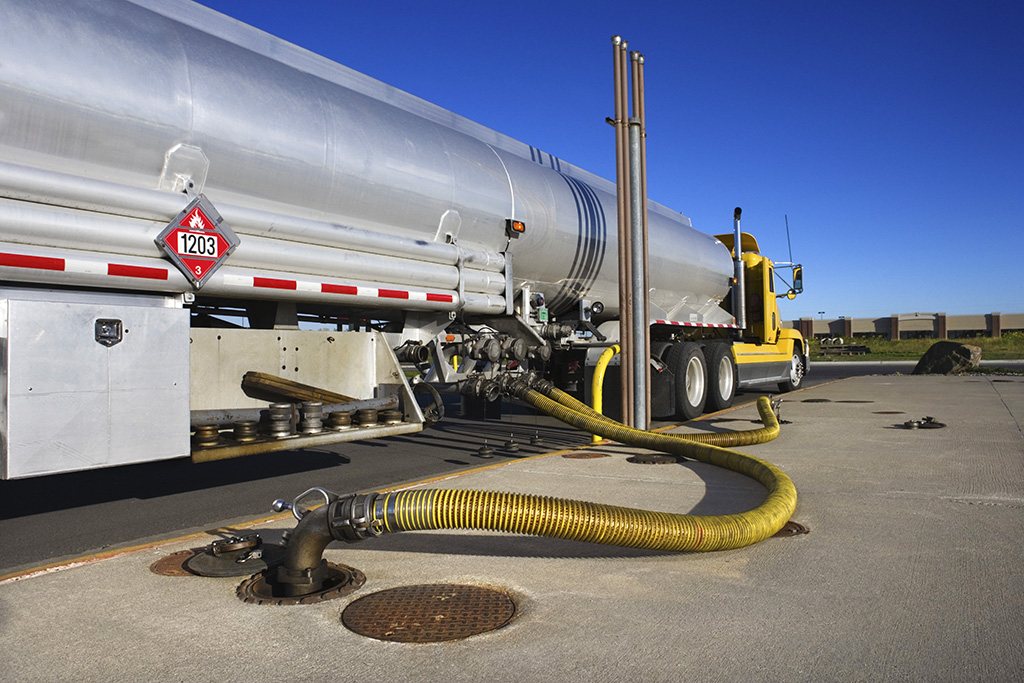
Federal Hours-of-Service Waivers
State Emergency Relief Weight Exemptions
The Latest
As of Thursday, May 12, the Colonial Pipeline has been restarted. However, Colonial officials indicated it may take several days for deliveries to return to normal, and some areas may see service interruptions during this restart period.
ATA has been closely monitoring the situation and have been coordinating with federal agencies, including the Department of Transportation and Environmental Protection Agency, as well as state and local law enforcement agencies, on regulatory waivers to ensure drivers have the flexibility to transport fuel as an alternative to the pipeline.
In addition, ATA staff has been engaged with members of the Biden Administration to provide up-to-date information on the current status of supply shortages. The Administration has been proactive in doing everything it can to find alternatives to moving the fuel supply via alternative modes such as trucks, ships and rail, and implementing targeted regulatory waivers for Hours of Service, EPA fuel blending and Jones Act limits, among other actions.
We'll continue to provide updates on this page as the situation evolves.
Federal Hours-of-Service Waivers
The Federal Motor Carrier Safety Administration is providing emergency relief from hours-of-service regulations to motor carriers and drivers assisting operations linked to refined petroleum supply chains in the East Coast in the wake of the cyberattack.
As of May 12, the following states are included under the emergency declaration:
- Alabama
- Arkansas
- Connecticut
- District of Columbia
- Delaware
- Florida
- Georgia
- Kentucky
- Louisiana
- Maryland
- Mississippi
- New Jersey
- New York
- North Carolina
- Pennsylvania
- South Carolina
- Tennessee
- Texas
- Virginia
- West Virginia
State Emergency Relief Weight Exemptions
Several states have issued emergency declarations authorizing the operation of overweight fuel trucks. In addition, the Federal Highway Administration issued a statement authorizing 10 states to allow these overweight trucks on the Interstate Highway System. However, states without this authority may authorize higher weight limits for relief trucks that are passing through the state.
State information is posted below and will be updated regularly. Please note that relief trucks may not operate overweight unless the state has declared an emergency authorizing overweight operations and (if required) the carrier has obtained a permit.
Delaware: 100,000 pounds GVW for trucks with 5 or more axles. Trucks on Interstate highways may not exceed the Federal Bridge Formula. A permit is required.
Florida: 90,000 – 95,000 pounds GVW for trucks with 5 axles or more, depending on route. See link for additional information. Permit required.
Georgia: 95,000 pounds GVW for trucks with 5 or more axles. A permit is required.
New Jersey: 10% weight increase up to 88,000 pounds GVW for trucks with 5 or more axles. Permit required.
North Carolina: 90,000 pounds GVW; single axle: 22,000 pounds, tandem axle: 42,000 pounds.
Virginia: GVW increases -- 3-axle: 60,000 pounds; 4-axle: 70,000 pounds; 5-axle: 90,000 pounds; 6+-axle: 100,000 pounds. Axle weight increases -- Single: 24,000 pounds; Tandem: 44,000 pounds; 3 axle group: 54,500 pounds; 4-axle group: 64,500 pounds.
Permit required for Interstate Highway operations.